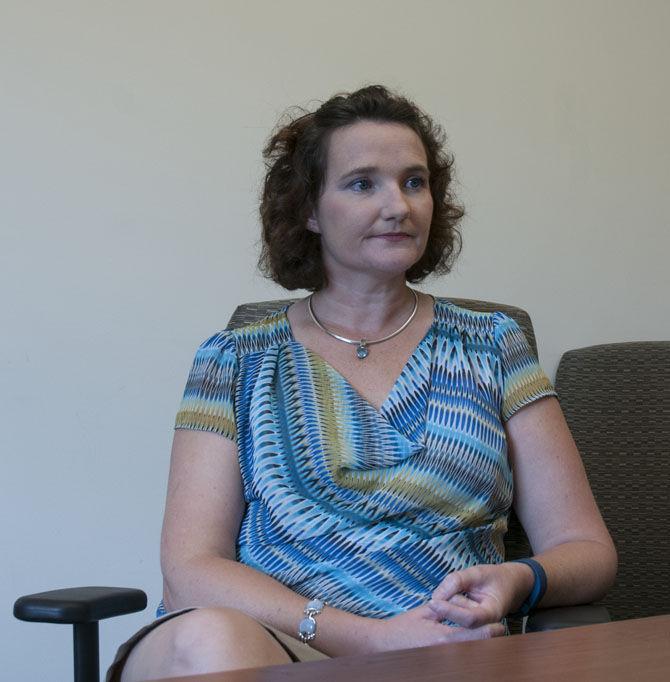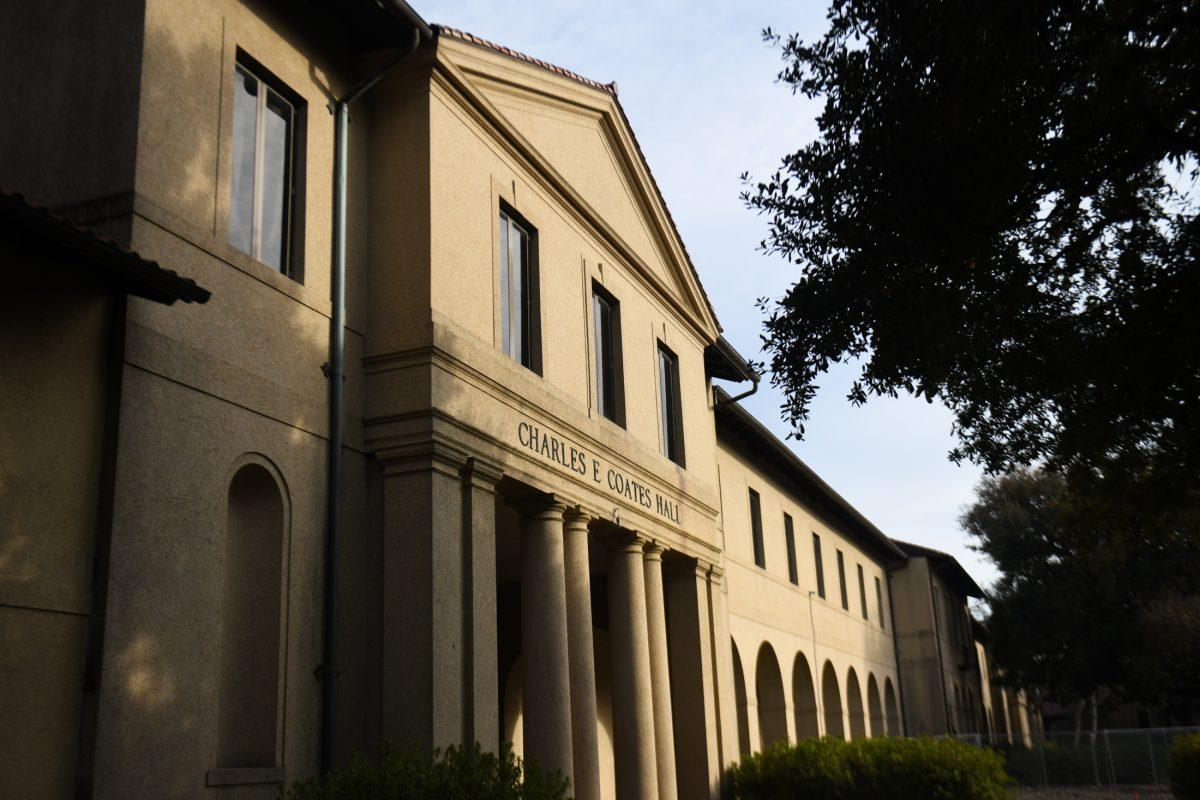LSU assistant professor of Accounting Christine Cheng collaborated with Amy J. N. Yurko, an assistant professor of accounting at Duquesne University, to create the article “The Wage Gap and the Marriage Tax Penalty: When Will They End?” which Forbes published Aug. 16.
The intent of the article was to explain a marriage tax penalty that many people, particularly students, were not aware existed. Cheng said married couples that earn some type of salary are subject to this tax penalty and a higher tax rate more than couples who choose to cohabitate, or live together unmarried.
She said this tax code is a big factor that affects the wage gap in men and women’s income.
Cheng said students are getting ready to go out into the work force and consider marriage or the next steps in a relationship. She said it is important for them to think about the implications of their decisions.
“I think the motivation is that I’d like the world to be a little fair,” Cheng said.
She said research shows married couples tend to earn more and build more wealth than unmarried couples within the span of a lifetime. However, this tax code penalizes women who want to earn income and contribute substantially to their households.
“[Politicians] tend to be always pointing the finger at the corporation’s role in this, while at the same time, they’re completely ignoring how their own tax code actually motivates working women either to remain underemployed, unemployed or unmarried,” Cheng said. “And that’s a difficult thing, I think, for our tax code to be promoting in this day and age.”
The marriage tax penalty was put into place with good reason, Cheng said. It helped to offset some of the economic advantage married couples had by living in the same household. After World War II, this tax code was expanded to prevent widows from being at a disadvantage from their married counterpart.
Despite Louisiana’s overall culture of promoting marriage, it has a marriage tax penalty built into its tax code, Cheng said. However, state legislators, particularly women, are working to create platforms that discourage this tax penalty.
“We had this opportunity to touch on something that is vital, regardless of which political affiliation you have because it will cross party lines with respect to wage gap, [which] is something that every politician should, theoretically, be motivated by,” Cheng said.
Pre-vet animal science freshman Taylor Harless said she was not aware there was a marriage tax penalty, but said she is concerned about the existing wage gap.
“I think that it needs to be fixed and I believe that it’s a very big issue that needs to shed light on,” she said.
She said this tax code will affect her in the future when she gets a job and could encourage her to put off a marriage until she is better financial stability.
She said experiencing the wage gap would motivate her to contact her legislators to resolve the issue.
“I think that that direction we’re all moving and acknowledging that it’s there is a step in the right direction,” Harless said.
English sophomore Bari Sonnier said she was also unaware of the marriage tax penalty and does not feel like marriage should be taxed in such a way because she views it as “more of a spiritual thing.” While she does not agree with it, Sonnier said it would not affect her decision to get married one day.
Cheng said she encourages readers and students who are interested and impassioned by this issue to reach out to state legislators because she said they really do consider our petitions and want to know what we are concerned about fixing or changing.
Cheng said Louisiana is dependent on the filing for the federal government, and while right now may not be a good time in the state to get rid of this declining revenue, legislators and Congress still need to work together to figure out other forms of revenue to make up for the loss. She also said that married couples should be allowed similar deductions, exemptions and phaseouts as unmarried couples with children.
Cheng and Yurko have worked on several pieces together. Cheng said she was proud for the article to be published in Forbes.
“It’s pretty neat,” Cheng said. “A lot of what we do is behind the curtains. Part of our job is really creating some of this new knowledge and looking at things in a slightly different way.”
Accounting professor details wage gap, marriage tax penalty in Forbes article
September 7, 2016
LSU professor Dr. Christine Cheng discusses her recent article published in Forbes, about wage gap and marriage tax, on Sept. 7, 2016 in the Business Education Complex.
More to Discover











